[Lots of Robots at IROS in Germany]
Added on 05/10/2015

I have just returned from the IROS conference that took place in Hamburg, Germany. The conference name stands for Intelligent Robots and Systems and it was a huge event full of talks and exhibitions about robotics. While the atmosphere was very professional, the spirit of Oktoberfest, a traditional German celebration of beer and German culture that happens between September and October, managed to blend in very well.
The conference was so big that there were what they called ‘plenary’ talks and ‘keynote’ talks. Both talk types were delivered by successful people from the industry, but due to lack of time slots the keynotes actually ran parallel to regular presentation sessions. It certainly felt like they tried to cram as much material as possible into the five conference days. Talks normally only lasted 12 minutes and there was barely time for questions. What’s more, the parallel sessions were of course not synchronised. Apparently in Germany no one waits for you if you are late. I often found myself quickly walking between rooms of a giant conference hall, but somehow missing the beginning of each talk. Well you can’t say that the organisers weren’t efficient with the time they had!
I saw some great inspirational talks, some slightly depressing talks and some not so great talks. I will never forget how Harald Becker from Microsoft gave a keynote about how the future is bright, as we will use robots and 3D holograms to maximise our productivity (of course, delivered by the awesome Microsoft!). Then Tim Yuan from Huawei comes to give his talk and completely bashes Microsoft for basically being too pretentious, in a characteristic Chinese style of talking where you think they are just shouting at you all the time. I liked it. I found myself agreeing with Mr Yuan, even though he was obviously a hard-core engineer with not so great social skills. In other talks, I was surprised by how people from one particular school of thought could be rude to others. One guy in his ‘question’ to a plenary speaker said that he thought his talk was nonsense, artificial intelligence was not important and that the future is in materials science. Well, all my beliefs about anything to do with robotics have certainly been tested at IROS. I really enjoyed.
I presented my own poster on design patterns for swarm robotics on a painfully early morning session on Thursday. By that day, I already switched to having a cup of coffee with me almost at all times. I got quite a lot of engagement from people, I think the general consensus was that what I do could be important for swarm robotics and for bridging the gap between artificial life research with its often wishful blue-sky thinking and engineering with its need for well-tested solutions. I really cannot wait to finish what I’m doing next year! I’ve also managed to think about and discuss what I want to do after my PhD, so the conference was very important for me from the perspective of looking into the future.
Apart from great organisation and a great venue, I must also mention that the organisers really thought hard about the social aspect of the conference. There were coffee breaks with nice food that allowed to meet quite a few people (although some people I wanted to find I couldn’t - there were just so many of them!). They organised social events in 3 out of 4 evenings of the conference. On Monday we visited the Hamburg Rathaus where the Hamburg Senator for Science welcomed us. The most memorable from that night were the schnitzel appetisers. What a great idea! On Wednesday there was a banquet in Oktoberfest style. Kuka, the biggest sponsor of the conference delivered a laser show using their futuristic robotic arms. We then embarked on a short voyage across the night port of Hamburg. I must say the seagulls of Hamburg were much nicer and less loud than the seagulls of Brighton (kind of like the people)! Finally, on Thursday there was a goodbye dinner outside of the conference centre.
I would like to thank the DTC at Southampton University for making this trip possible for me. All in all, I had the best time professionally and socially I’ve ever had on a conference. The city itself was really great too. Somehow the old German architecture blends perfectly with modern styles that use glass and steel. People on the streets are nice and well behaved, a complete opposite to what I normally experience in England. Trains run on time. Streets are clean and spacious. Green surfaces are everywhere and compliment the modern look of the city very well. I’m so sorry Brighton, but I fell in love with someone else!









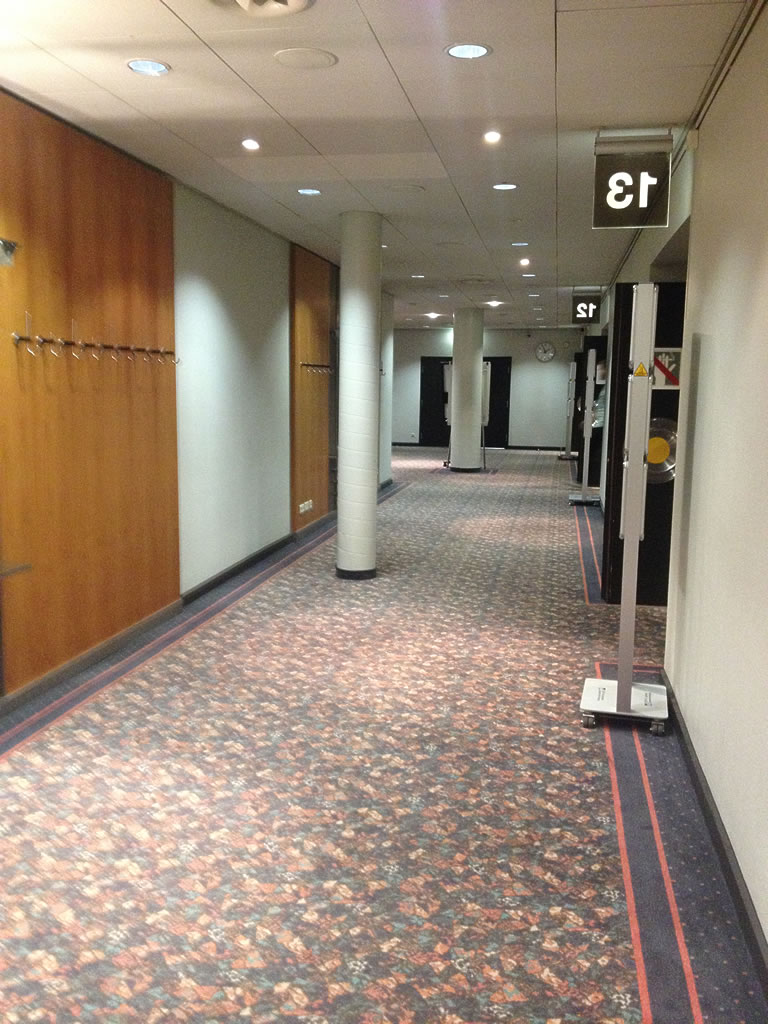
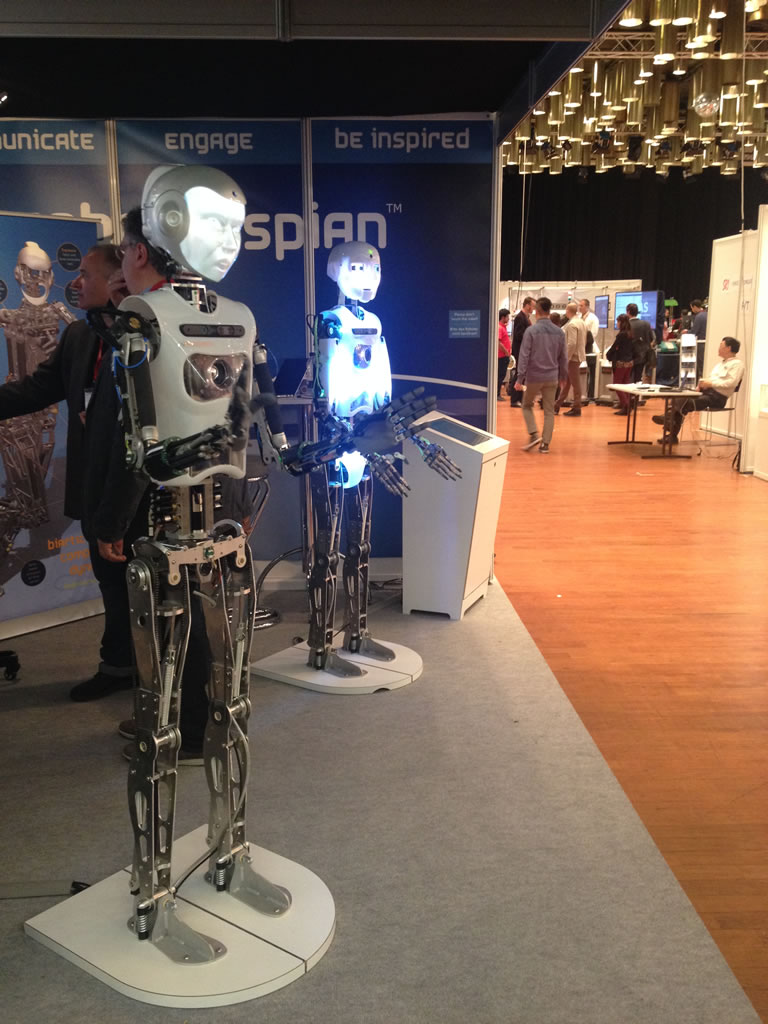





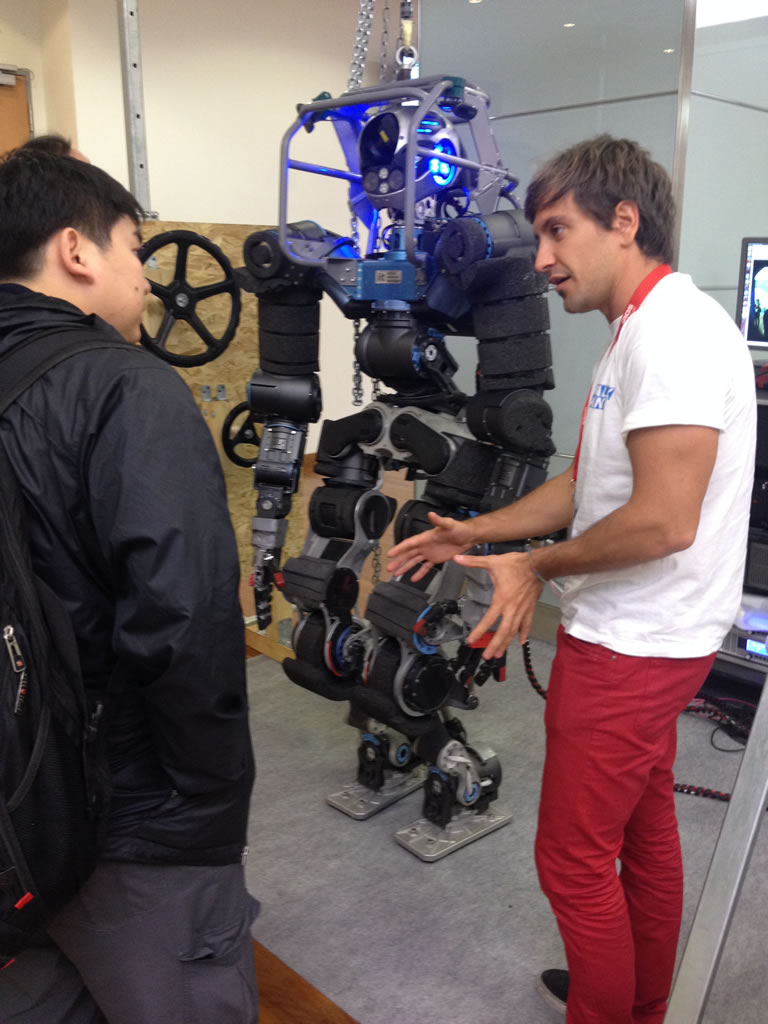




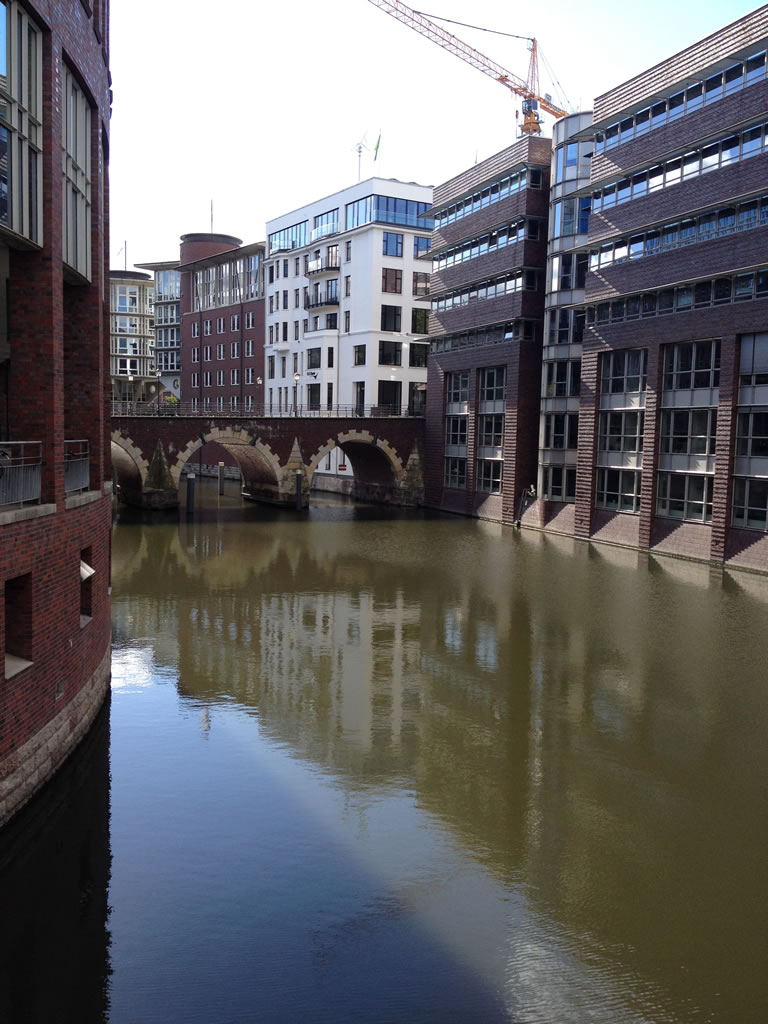
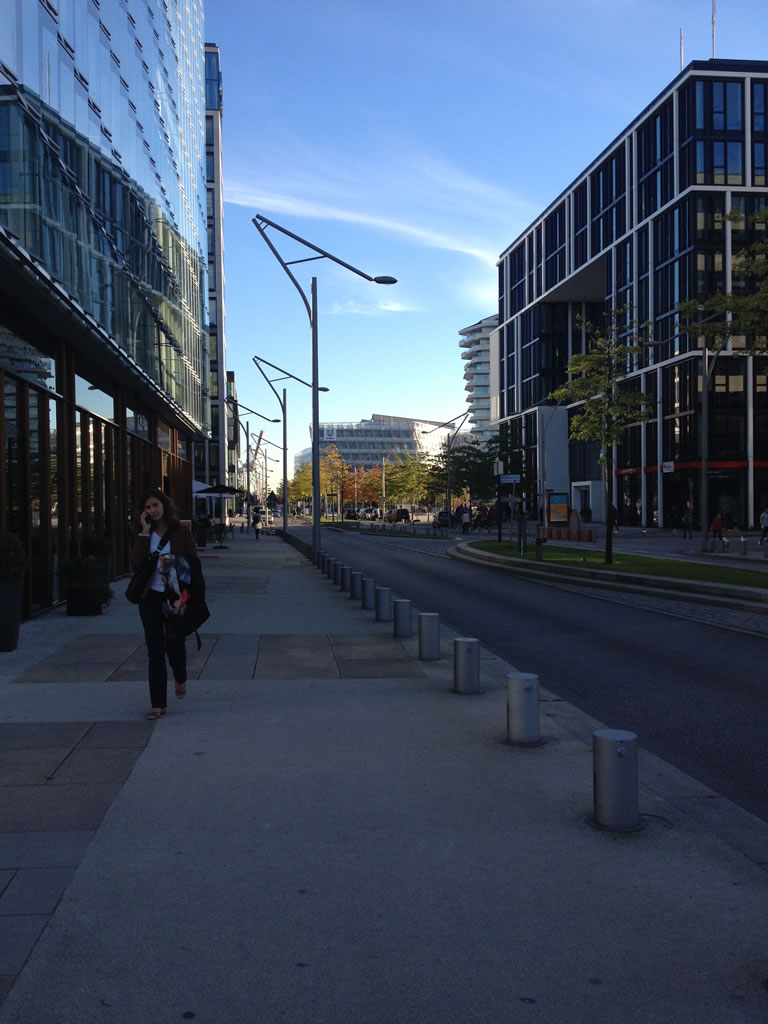






Comments
[28/08/2018]
[28/08/2018]
:: [WEB]
{Please enable JavaScript in order to post comments}